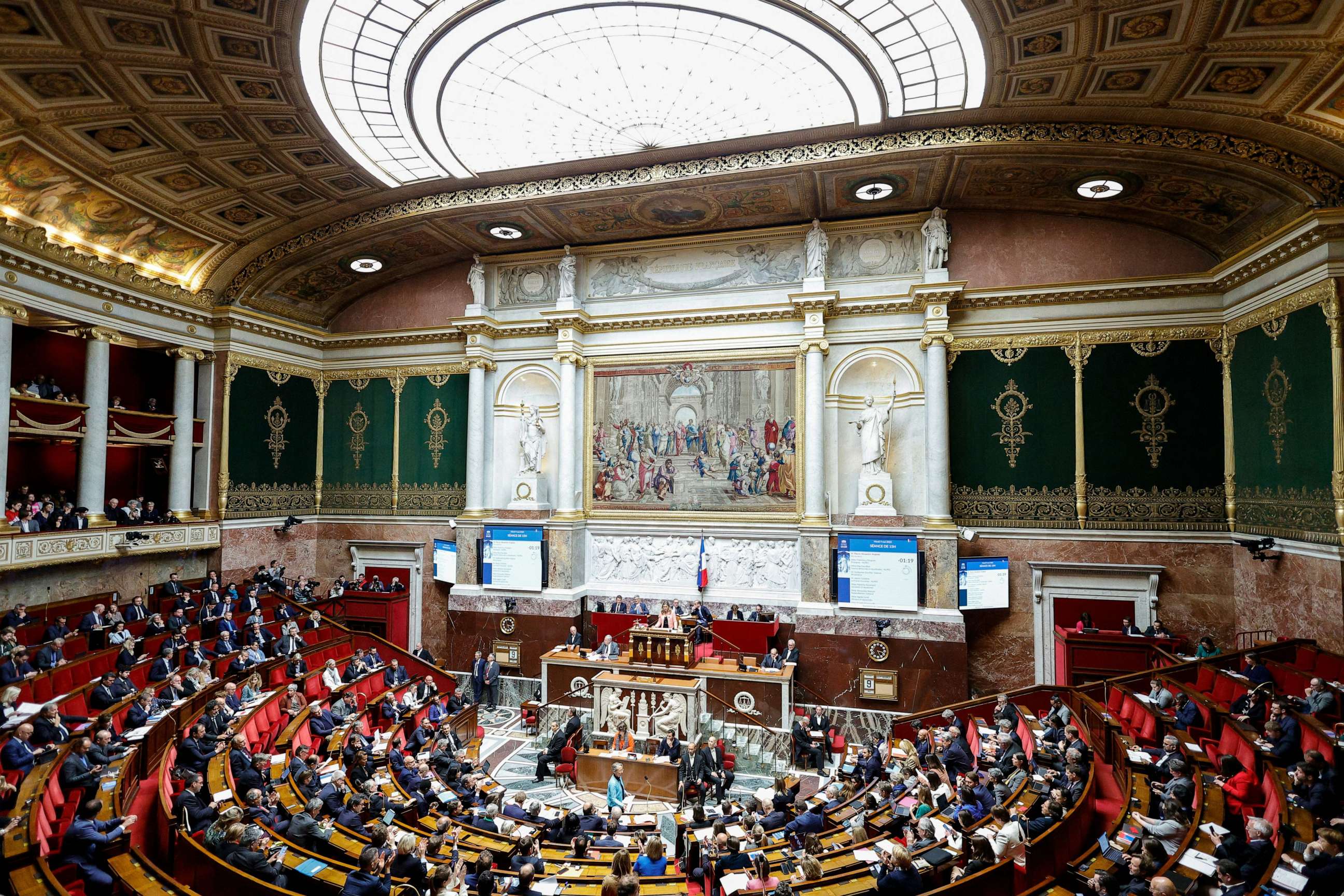France passes law to regulate paid influencers, combat fraud
Influencers will now be required to label all content that is paid.
France is now the first country in Europe to regulate influencer marketing on social media, cracking down on what people can monetize and promote online with a new law passed on Thursday.
"The law was passed in record time and unanimously, which shows how much support it had in both government and parliament," Stéphane Vojetta, one of the French legislators who championed this new bill, told ABC News. "There was a clear understanding of the need to urgently respond to the challenge at hand."
Influencer marketing is a form of social media marketing that involves people leveraging their reputation to endorse products or services in exchange for money.
There are an estimated 150,000 influencers creating content on social media aimed at a French audience, according to France's Ministry of Economics, Finance and Industrial and Digital Sovereignty.
This new law makes it unlawful for influencers to create paid content promoting cosmetic surgeries, online sports betting sites or financial products like cryptocurrencies.
Influencers and companies caught violating the law could face up to two years in prison and 300,000 euros ($330,000) in fines, and see their ability to post on platforms potentially be revoked, according to the text of the bill.

Until Thursday, no law in France directly regulated commercial activity on social media leaving consumers vulnerable to scams and frauds.
Influencers will now be required to label all paid content, adding extra disclaimers if the content has been filtered or edited.
The law also closes an existing loophole when it comes to online advertisement, Vojetta tells ABC News. Now, content creators will have to abide by existing French advertising laws when it comes to the promotion of products and services.
For example, posts promoting sodas or processed food will have to include a message reminding consumers to undertake physical activity, similar to how it would be done on television.
The Senate unanimously adopted the law and will go into effect within the next two weeks. The Ministry of Economics and Finance has already released guidance for paid influencers on how to operate lawfully moving forward.
"It is a sector in which we believe in because it creates jobs and because it values French culture and creativity," said Bruno Le Maire, the French economic minister, describing the influencer economy at a press conference in March.
"The best way to protect it is to define a framework and rules so that in this dynamic sector, there are no profiteers, stowaways, or people who can take advantage of the weakness of certain consumers," Bruno Le Maire said.
Over 42 million consumers in France purchase goods or services online, according to a report by the government's Directorate General for Enterprise.




